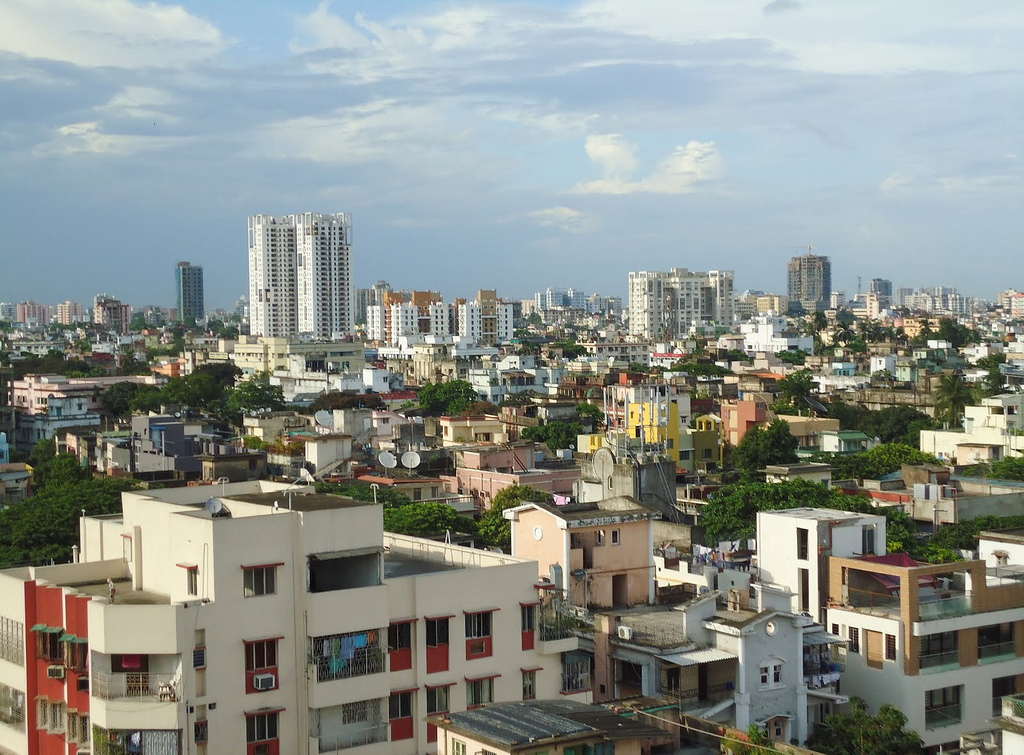In its 34th meeting held on March 19, the GST Council has decided the modes of this transition of the GST rate. The discussion was on the implementation of the changes announced regarding the GST rates to get effective from April 1. That would become 1 % for affordable housing and 5 % for the others.
Application of the Older GST Rates
Previously, it was decided that the new GST rates would entirely exclude the benefit of the Input Tax Credit, which implied a loss on the part of the developers. But this recent meeting has come up with a solution to it that has been elaborated here.
The developers are being entitled to choose between the use of ITC by charging the older GST rates at 8 and 12 % and discarding ITC at the new of GST rates at 1and 5 %, respectively. This condition applies only to those projects that are still under construction or have no chance of getting completed within April 1.
But the option can be availed only during the prescribed time-period and that too, only once. New rates will become applicable once the time-limit has expired.
Application of the New GST Rates
Whether it is an ongoing or new project, the new rates will apply to those developers who opted for this regime.
The new rate of 1 % will apply to the affordable housing as it has changed from the 8 % earlier provided that those projects fit the criteria of the GST Council and all those under-construction affordable projects under the existing state and central housing schemes that are currently subject to the present concessional rate of 8 %.
The housing projects other than affordable housing units in the new projects will attract GST at the new rate of 5 %. The 5 % GST rate applies to all residential projects excluding the affordable category in the ongoing projects irrespective of their date of booking before or after April 1, 2019. For those units that have been booked already, the 5 % GST will become active on the instalment to be paid on April 1 or after.
Those commercial apartments such as offices, shops accounting for 15 % of the carpet area of all the apartments in an RREP (Residential Real Estate Project) to which they belong will also attract the new GST rate.

Under which Circumstances the New GST Rates will Function:
The GST rates of 5 % on the premium housing segment and 1 % on affordable housing will available in the given conditions:
- Non-availability of the Input Tax Credit benefit.
- The developer has to purchase 80 % of input services and raw materials from registered sources. These exclude capital goods, long-term lease premiums, FSI, TDR/ JDA. In case the purchases fall below 80 %, then a tax has to be paid by the builder at 18 % on RCM basis.
- The developer will be charged 28% tax on the purchase of cement from an unregistered dealer and the rates applicable to capital goods, under RCM.
Adjustment in ITC for the Projects Opting the New GST Rate:
The Input Tax Credit has to be adopted by the under-construction projects that have started as well as have been booked before April 1, 2019, and not completed by March 31 if they wish to avail of the reduced GST rates.
A formula has been asserted by the GST Council since the ITC claimed by the residential projects for the percentage of the construction completed as on April 1 is considered the ITC for the total project. The developer’s eligibility for ITC is determined on the basis of both the percentage invoicing and flat bookings. Therefore, the ITC transition would stand on a simple formula that would allow credit to the developers in proportion with the invoicing done of the booked flat and the flat bookings, entitled to certain preventive measures.
An ITC benefit will also be allowed in mixed projects that are residential projects including shops or offices. It will be based on the proportion of the carpet area for commercial spaces to the summation of the carpet area of the entire project. These commercial portions will continue to attract GST at 12 % with ITC benefit even after April 1.

New Treatment of Long-Term Lease and TDR/ FSI
If the constructed flats have been sold out before the payment of tax and the issuance of completion certificate then the developer will be exempted from the long-term lease (premium) of land, FSI, TDR. But the exemption will be withdrawn by 5 % and 1 % in the cases of normal and affordable housing, respectively, on the ground that the units were sold after having issued the completion certificate. This will result in a fair taxation uniformity between ready-to-move property and under-construction.
April 1 onwards, the developer will be responsible for paying tax on a long-term lease (premium), FSI, TDR instead of the landowner under RCM (Reverse Change Mechanism).
The builder shall have to pay tax on a long-term lease (premium) of land, FSI, TDR under reverse change mechanism for those flats that he has sold after the completion certificate has been issued. The date of payment will be the same on which the completion certificate is issued. Even in a Joint Development Agreement (JDA), the developer’s liability of tax payment on construction of the home to be given to the landowner will be executed on the completion date.
The rules of Input Tax Credit are required to be adjusted for making the monthly and final fixing of ITC. The new rules must specify the procedure for availing Input Tax Credit pertaining to the commercial units since these units in a mixed project will be entitled to ITC.
Hope, the reading was helpful. Planning to purchase a home from the upcoming residential projects in Kolkata? Get in touch with us at transventor.in for a smooth and enriching experience even if you are purchasing home for the first time.







